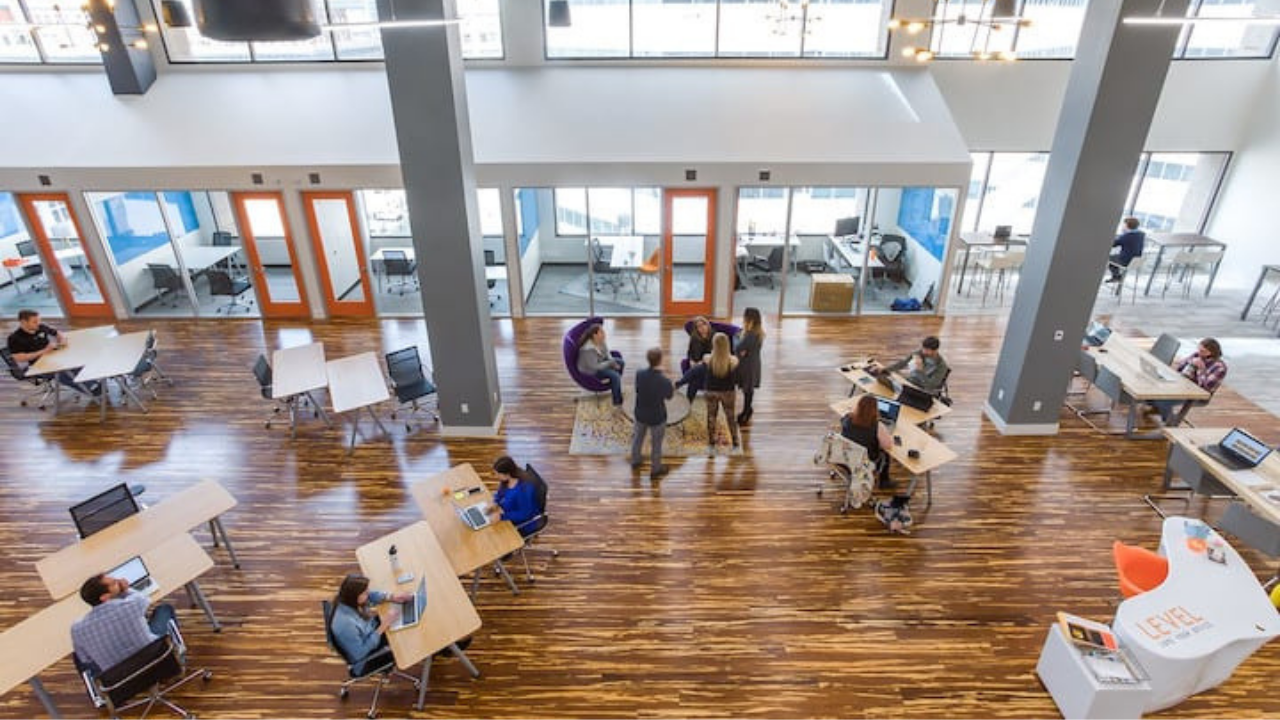Although flexible office design only takes up 5% of the current office market, it is expected to grow to 30% over the next decade according to JLL.
A JLL study that evaluated 25 economic, demographic, and market variables identified the cities that are most likely to adopt this flexible workplace technology.
Expectedly, since New York is home to numerous entrepreneurs and has a business-oriented environment, it is home to the largest inventory of flexible office space in the nation.
San Francisco is also known for its tech-centric environment and produces some of the most modern, state-of-the-art coworking spaces in the U.S. market.
Silicon Valley also produces a large amount of flexible offices as the tech industry runs rampant in the area.
Austin prides itself in keeping it “weird” and its low costs of living allow coworking spaces to thrive in this market. The study explains that the city is a “spillover market” for the West Coast high tech company volume.
Boston is another candidate due to its numerous higher educational institutions, meaning younger workers and graduates are flocking to more alternative workplaces
“Boston ranks the lowest among U.S. gateway cities in terms of percentage of inventory that’s allocated to flexible use, which suggests a strong runway ahead,” according to the report.















